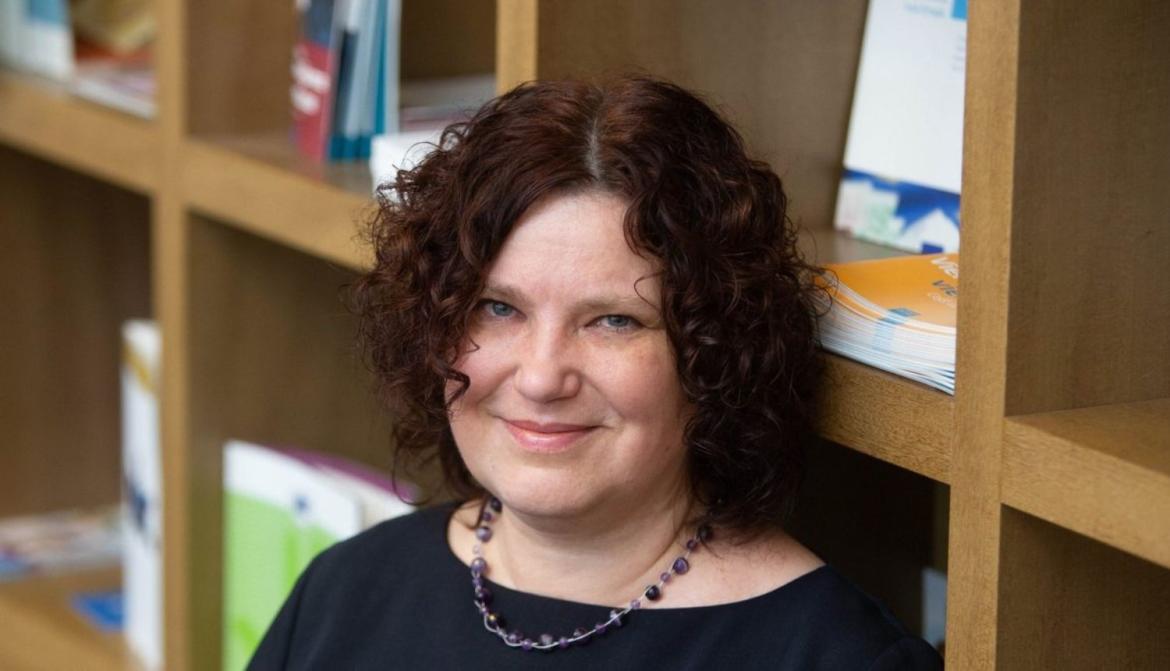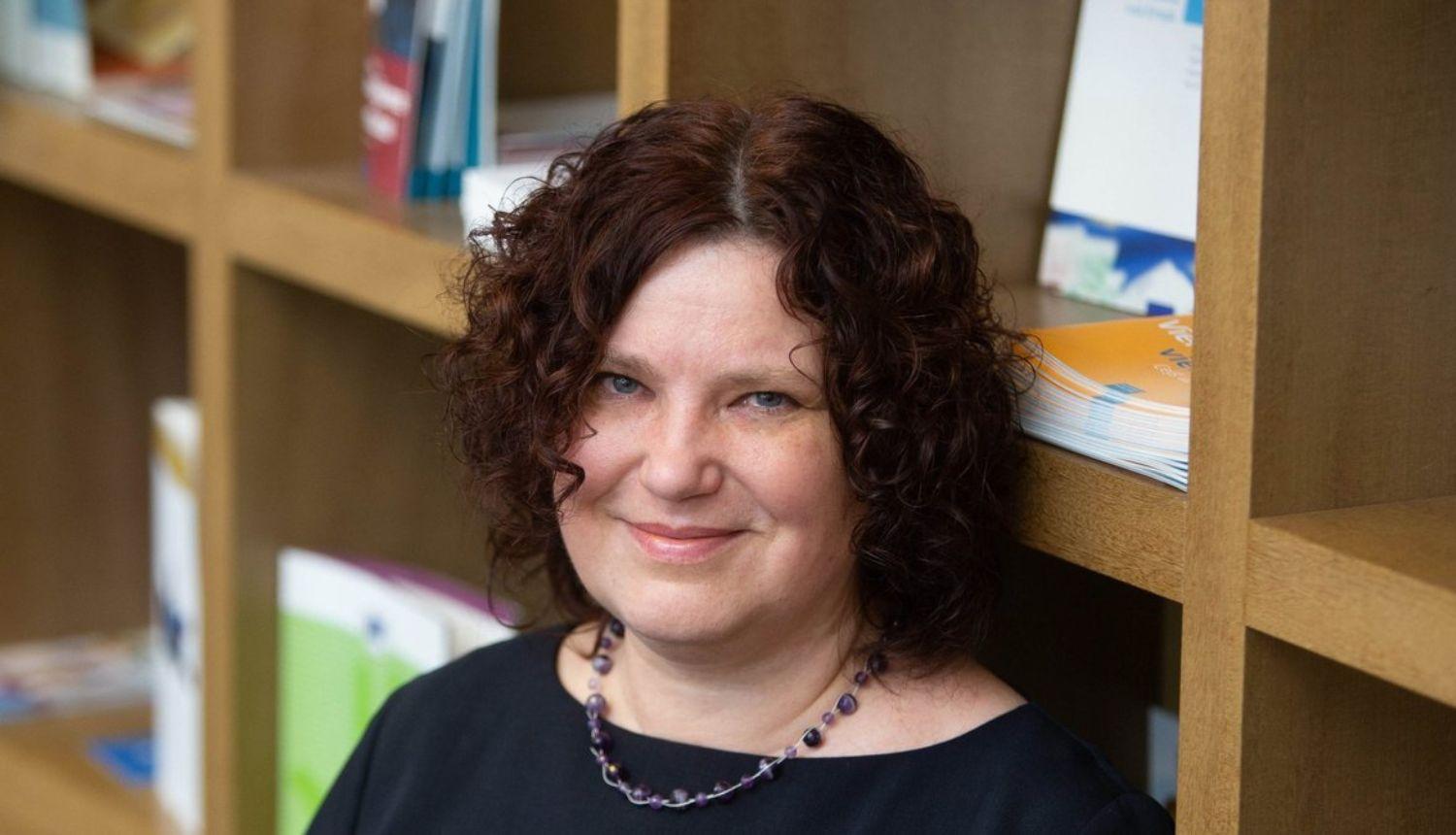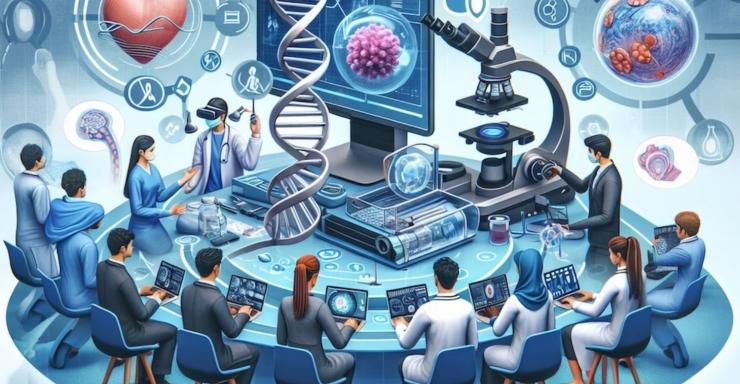We often think of science as something complex, distant, and difficult to apply in everyday life. Some people react sceptically when they hear that resources have been invested in one study or another, questioning its necessity and sometimes not even understanding its purpose. And at the same time, part of society believes in seemingly scientific organisations or authors who, in reality, are far removed from actual science. To avoid such situations, it is essential to recognise that science does not begin in laboratories or conference halls, but in the classroom. It starts the moment students ask, "Why is it like that?" and the teacher not only provides an answer but helps them understand how to arrive at it. It is the skill of thinking, researching, comparing, and concluding, and teachers must cultivate it.

If we want to build a society capable of navigating an overflow of information and distinguishing between verified facts and loud opinions, we must strengthen teachers' role as shapers of scientific thinking. Science is not only research conducted in institutions and universities; it is an attitude: asking questions before accepting an opinion, checking information before concluding, and thinking before believing. And this can be taught across STEM subjects when observing and documenting results, as well as in the humanities and social sciences when analysing texts, comparing sources, or discussing what is happening in society.
Of course, teachers already have plenty to do. Expectations are rising; there are many different teaching materials to use, lessons to prepare, and work to grade. Yet promoting critical thinking and scientific understanding is not an additional task; it is an essential part of a teacher's mission to teach students how to think, not simply repeat information.
Universities and scientific institutions can support teachers. For example, each teacher could listen to an annual review lecture given by scientists or academic staff in their field, summarising the latest discoveries.
Teachers often point out a lack of time, the limited accessibility, and the complexity of scientific publications and rightly so. That is why a clearly prepared and understandable overview with explanations would be an excellent way for teachers to stay informed about developments in their subjects.
The need for such solutions is confirmed by a study conducted in the spring of 2024. Surveying 579 secondary school teachers across Latvia, researchers found that natural science and social science teachers were more likely to agree that all subjects should incorporate knowledge and methods grounded in science and evidence. These data show that teachers who already use inquiry-based approaches clearly recognise the importance of such thinking in the learning process. At the same time, it highlights the need to strengthen support in other fields where scientific thinking may not be as self-evident in everyday practice.
If we want teachers to nurture thoughtful, curious, and well-reasoned students, scientific institutions must make time to collaborate with educators by sharing experiences, jointly developing teaching materials, and participating in methodological days, seminars, and educational conferences. This is not a "voluntary addition" but an investment in the future: when teachers understand scientific logic, they can pass it on to students. This is how sustainable cooperation between education and science is built.
This is especially important today when easy access to information, artificial intelligence, and various technologies allows promoters of pseudoscientific "miracles" to reach audiences precisely where understanding of how science works is weakest.
If people do not know why scientific results must be proven, what constitutes reliable sources, or what a data-based opinion is, they are much more vulnerable to manipulation. And this is one of the reasons why the school plays such a crucial role in shaping a society that does not fear complex information, can evaluate opinions, and is not swayed by every promise.
There is another benefit to closer cooperation between scientific institutions and teachers: children who understand what science is and how it works are far more likely to consider becoming scientists themselves. Latvia already faces a shortage of young researchers, but if children see in school that researching means discovering, understanding, creating, and adding value to society, some of them will want to take part in this process. A model like this is already emerging in Latvia: in Riga, a "science school" initiative is being developed, where teachers and researchers work together to shape the learning process and a culture of inquiry within the school environment. This is a step that makes science visible, understandable, and accessible to children.
Science is not detached from our everyday lives; it is a way of thinking that we cultivate from childhood. And teachers are the first to inspire curiosity, encourage questions, and develop the ability not to accept the most straightforward answer automatically. If we want a society capable of critical thinking, well-reasoned decision-making, and resistance to manipulation, we must strengthen schools as the places where these skills are formed.


